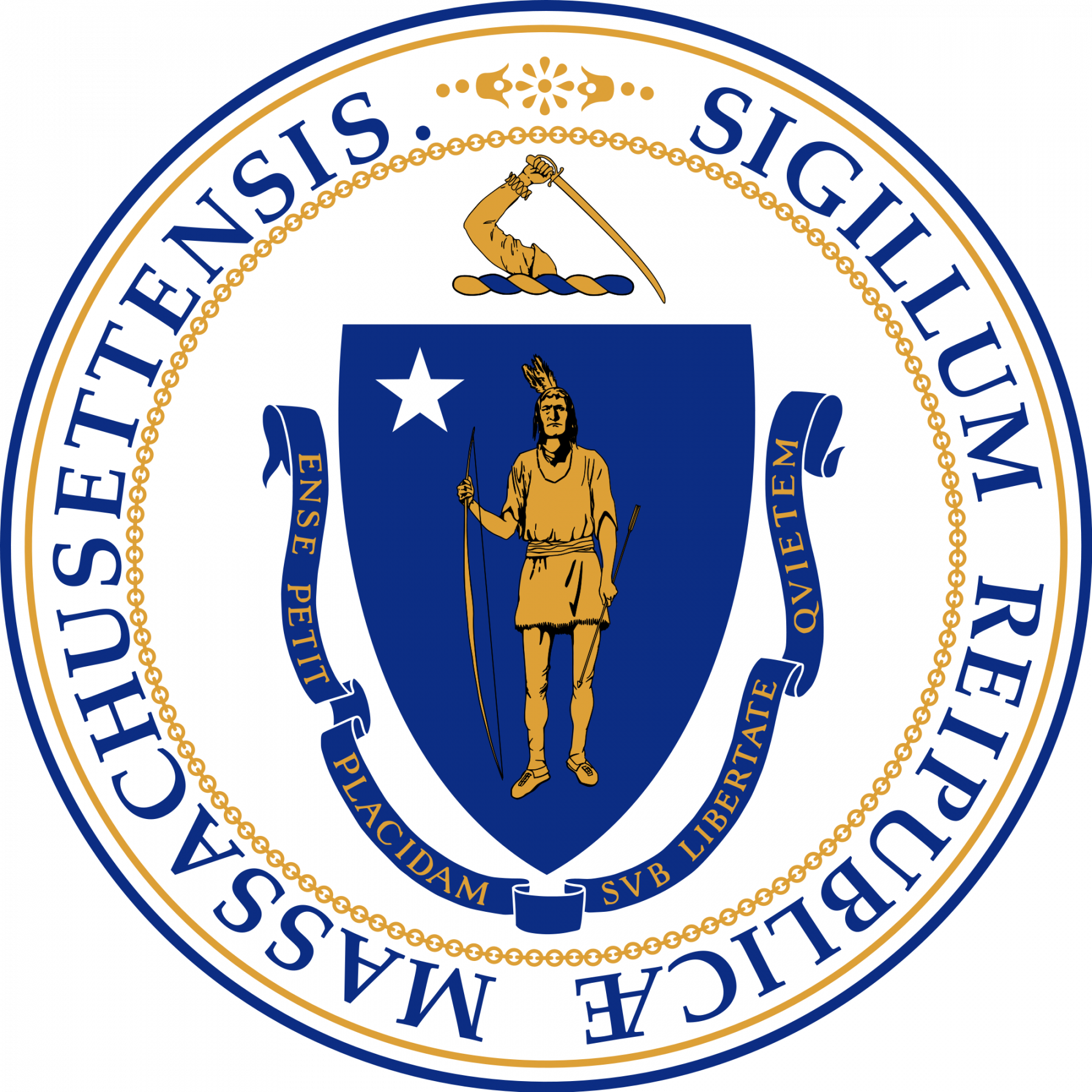Department of Public Health Issues Fish Consumption Advisories for Five Cape Cod Waterbodies
BOSTON (November 2, 2021) - The Massachusetts Department of Public Health (DPH) has issued new fish consumption advisories to provide guidance on safe fish consumption to people who catch and consume freshwater game fish from five waterbodies on Cape Cod. Recent testing of fish from these locations found levels of per- and polyfluoroalkyl substances (PFAS) above DPH-recommended levels for regular consumption.
During recent testing on Cape Cod, DPH tested surface water in 16 waterbodies and fish in 5 waterbodies. Elevated levels of PFAS were detected in fish that were sampled from Johns Pond in Mashpee, Flax Pond (Picture Lake) in Bourne, Jenkins and Grews Ponds in Falmouth, and Mashpee-Wakeby Pond in Mashpee and Sandwich, prompting the five new fish consumption advisories. PFAS was not found at levels that would be unsafe for swimming or recreational activities in any of the 16 waterbodies tested. In addition to the waterbodies mentioned above, surface water was found to be safe in Shubael Pond (Barnstable); Hen Cove and Squeteague Harbor in Bourne; Crooked, Mares, Flax, and Round Ponds in Falmouth; Santuit Pond in Mashpee; and Peter’s, Snake, and Triangle Ponds in Sandwich.
PFAS are a group of man-made chemicals manufactured and used in a variety of consumer products and industries throughout the world. Based on studies of laboratory animals and people, exposure to certain PFAS has been associated with changes in liver and kidney function, changes in thyroid hormone and cholesterol levels, and immune system effects. In addition, PFAS exposure has been shown to cause developmental effects to fetuses during pregnancy. Some studies also suggest an increased risk of developing cancer following long-term exposures to elevated levels of some PFAS.
DPH tested fish and surface water in these waterbodies because they are located on or near Joint Base Cape Cod where historical PFAS contamination has been found in the groundwater and surface water, and because they are popular locations for swimming and fishing. This contamination is being remediated by the US Air Force, with oversight by the Massachusetts Department of Environmental Protection (MassDEP) and the US Environmental Protection Agency (EPA) which have been investigating and overseeing the cleanup of contamination associated with Joint Base Cape Cod – a federal Superfund site -- for several years.
These fish consumption advisories apply to the consumption of all native game fish but do not apply to stocked trout at a waterbody. Stocked fish are raised in fish hatcheries and then released. Therefore, they are unlikely to spend enough time in a lake or pond to become contaminated. As part of the Administration’s commitment to investigating and eliminating sources of PFAS contamination and exposure to residents of the Commonwealth, both DPH and MassDEP have conducted testing for PFAS in drinking water, groundwater, and surface water. Drinking water results received from public water systems in the area do not indicate PFAS is a concern in the drinking water. Ongoing oversight by MassDEP requires testing of public drinking water for PFAS, and MassDEP works with public water systems to ensure delivered drinking water meets the Massachusetts drinking water regulatory standard. MassDEP is also assisting with sampling of private wells and has conducted sampling of lakes, ponds, and rivers for PFAS at selected locations across Massachusetts.
The fish consumption advisories for the five waterbodies include guidance on the amount of fish that can be safely consumed from each individual location, which varies depending on the levels of PFAS found in the fish, other contaminants that have been evaluated in the past, and who might consume the fish. The advisories were developed for sensitive populations (including children under 12, women who are or may become pregnant, and nursing mothers) and for all others in the general population. Because the new fish consumption advisories are different for each waterbody, recommendations range from consuming one meal per week to no fish consumption.
DPH is working with local health departments in Bourne, Falmouth, Mashpee, and Sandwich as well as the Mashpee Wampanoag Tribe requesting that they post notices at the five waterbodies and publicize information for residents of the area.
More information about the fish consumption advisories and PFAS from DPH: PFAS (Per- and Polyfluoroalkyl Substances) in Recreationally Caught Fish.
More information about PFAS from MassDEP: Per- and Polyfluoroalkyl Substances (PFAS).
###


